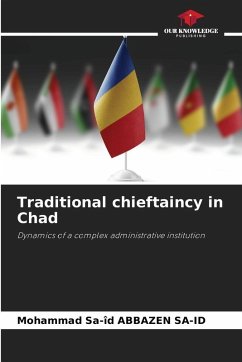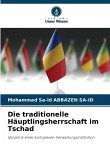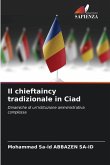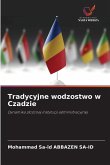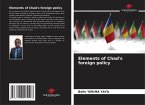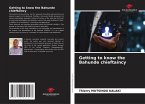Traditional chieftaincy is a constitutionally-recognized institution that receives insufficient attention in Chadian legal literature. Evolving with political life, this remnant of pre-colonial states was maintained as an auxiliary of colonial authority in the form of vassal states with ill-defined contours, before becoming a collaborator of the administration (1989) and then the guarantor of customs and traditions (1996). Now republican, it unfortunately suffers from the inconsistencies of the national integration policy of a state in the making. Both a source of legitimacy for the state and a handicap to its construction, it is best envisaged within the framework of a federation, given its specific characteristics. The administrative organization (deconcentration and decentralization) in which it is embedded has unfortunately failed to iron out the difficulties of an institutional dichotomy imposed by political hesitations over the fate of an institution increasingly anchored in the popular consciousness. Resisting all adversity, it has established itself as a politically inescapable administrative institution.
Bitte wählen Sie Ihr Anliegen aus.
Rechnungen
Retourenschein anfordern
Bestellstatus
Storno

